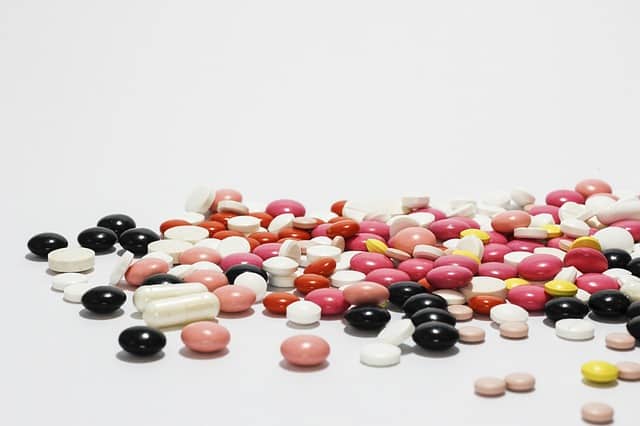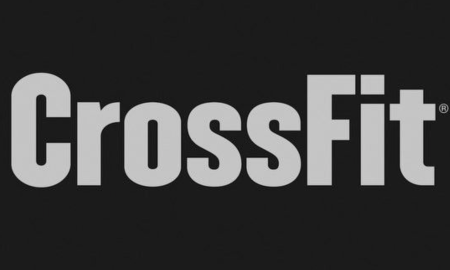
Meds for Depression
MDD (Major Depressive Disorder) is a serious mental health condition. As one of the most pervasive mental illnesses in the US, Major Depressive Disorder is responsible for crippling symptoms such as anxiety, despair, and persistent sadness. Depressive disorders are associated with sleep deprivation, eating disorders, lack of concentration and focus, and disintegrating interpersonal relationships. A combination of factors is thought to be responsible for depression, including environmental, genetic predisposition, stress, and brain chemistry.
Treatment for depression varies from one individual to the next, but typically includes a cocktail of prescribed medication and mental health counselling. Perhaps even surgical and nonsurgical (TMS for Depression) treatment options. Psychotherapy is strongly recommended, along with medication for helping depressed patients better understand the power of positive thinking. Therapy is geared towards promoting healthy habits and is highly effective for many patients. However, when coupled with medication, this combination can effectively treat depression and provide tremendous relief.
The Efficacy of Antidepressants
The most commonly prescribed medications for treating depression, anxiety disorders, and related mental health conditions are antidepressants (SSRIs Selective Serotonin Reuptake Inhibitors and SNRIs Selective Serotonin-Norepinephrine Reuptake Inhibitors). In addition, augmented treatments such as thyroid hormone medication, perhaps even a second antidepressant have proven useful. Over a dozen highly prescribed medications are available to people with depression. Foremost among them, the following:
- Fluoxetine, otherwise known as Prozac. This SSRI medication comes in tablets, capsules, or even in liquid form. It’s administered once a day, with several side effects such as diminished appetite and restlessness.
- Escitalopram, otherwise known as Lexapro is another SSRI medication available in a liquid form or a tablet. It’s taken once a day, and side effects mimic many other commonly prescribed antidepressants.
- Quetiapine, or Seroquel XR, is an atypical antipsychotic medication. It’s an example of an augmented therapy with an extended release function. Typical side effects of Seroquel include constipation and headaches, dizziness, and nausea.
- Trazodone, or Oleptro, is an atypical antidepressant. The tablets are taken twice daily with meals. It’s best to take Trazodone on an empty stomach just before you go to sleep. This medication is ideal for people with sleep disorders.
- Paroxetine, or Paxil, is an SSRI, with a daily dosing regimen. It’s taken with food, but is known to cause an upset stomach from time to time.
- Citalopram, or Celexa, is an SSRI. It increases brain serotonin levels, with minimal side effects. One of the commonly cited side-effects is decreased libido.
Antidepressants are mood stabilizers. They balance brain chemicals to ensure better cognitive function, and emotional stability. It often takes up to six weeks for antidepressants to start working. And it is strongly advised not to suddenly take yourself off antidepressants without consulting a physician. For many people, life would simply be intolerable without antidepressants. Of course, there are many instances of major depressive disorder which cannot be treated with antidepressants alone.
Supplementary treatment regimens such as Transcranial Magnetic Stimulation have proven highly effective in improving depressive symptoms. When used in combination with antidepressants and mental health counseling, TMS has been shown to be a life saver for many patients seeking a non-surgical, safe alternative.

















Follow Us